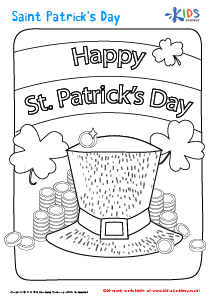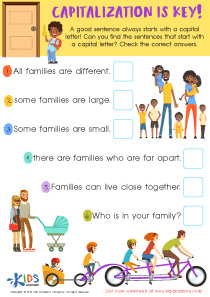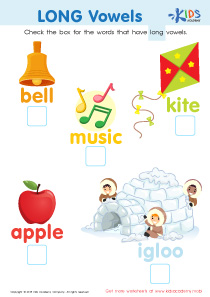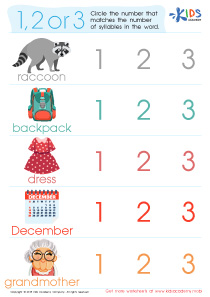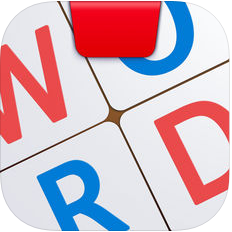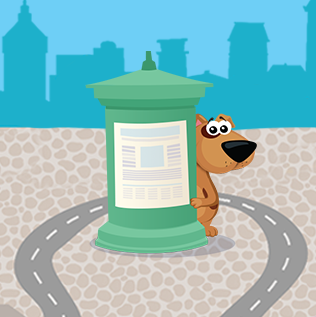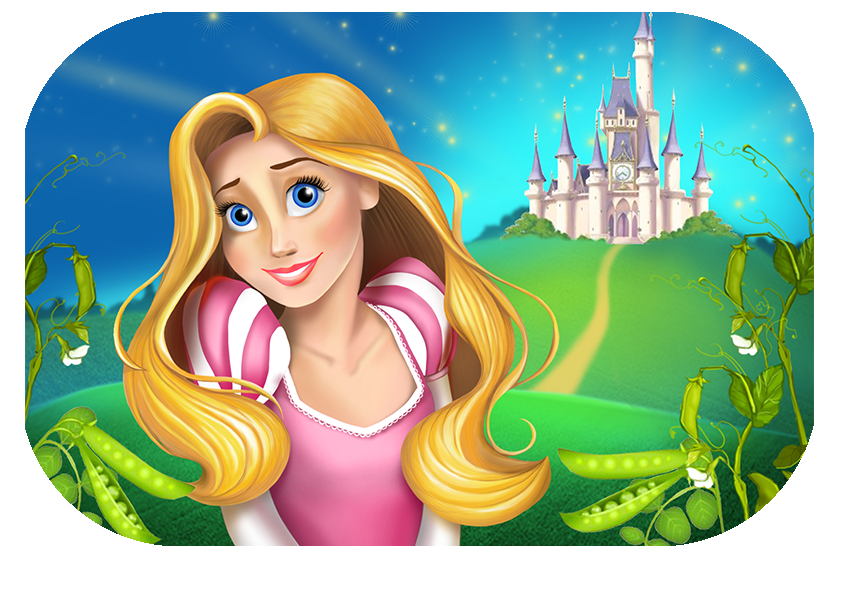English Language Arts Lessons | Reading Literature, Kindergarten
7 results
Introduce your little ones to the magical world of reading with our engaging Kindergarten Reading Literature Lessons. Designed to captivate young minds, these interactive worksheets and educational videos indulge children in well-loved stories and fascinating characters. Through creative activities, kids enhance their comprehension skills and develop a lifelong love for literature. Our carefully crafted assessment quizzes offer an opportunity to track progress while encouraging independent thinking. Instilling a passion for reading at an early age, these lessons foster imagination, language skills, and critical thinking. Unleash the wonders of storytelling and ignite the joy of reading with our Reading Literature Lessons.
Reading Literature Lessons for Kindergarten: Empowering Young Minds
In the early stages of education, cultivating a passion for reading is crucial for the future success of children. Reading literature provides a solid foundation, igniting imagination, and fostering language development. Kindergarten acts as a pivotal stage for introducing children to the enchanting world of books. The incorporation of interactive worksheets, educational videos, and assessment quizzes in these Reading Literature Lessons further enhances the overall learning experience, helping kids blossom in their studies.
One of the primary benefits of our Reading Literature Lessons is the development of crucial reading skills. Through interactive worksheets, children engage with various literary elements such as the plot, characters, setting, and theme. These exercises encourage critical thinking and analytical skills - indispensable tools in any academic pursuit. As children identify characters and settings, they begin to visualize the story, thereby improving their comprehension abilities.
Through the use of educational videos, our lessons supplement traditional teaching methods. The visual and auditory stimulation in these videos makes learning an immersive experience, captivating young minds. By bringing stories to life, these videos inspire children to develop a love for literature. Furthermore, the videos provide an opportunity for children to listen to proper pronunciation, enhancing their language skills and vocabulary.
Assessment quizzes play a vital role in evaluating a child's understanding of the content covered in the Reading Literature Lessons. Regular quizzes help identify areas of strength and areas that need improvement, allowing educators to personalize each child's learning experience. These quizzes also teach children the importance of active listening and comprehension, preparing them for future academic challenges.
Beyond academic achievements, our Reading Literature Lessons offer a myriad of benefits, including emotional and social development. Storytelling allows children to explore different emotions, helping them acquire empathy, and understanding. As they encounter characters facing various challenges and triumphs, they learn valuable life lessons and gain a deeper understanding of the world around them.
Additionally, interactive worksheets promote teamwork and collaboration as children work together to complete tasks. This cooperative environment instills important social skills such as sharing, taking turns, and respecting different perspectives. By engaging in discussions and activities, children develop their communication skills, enabling them to express their thoughts and ideas more effectively.
Moreover, our Reading Literature Lessons spark creativity and imagination, traits that are essential in a child's overall development. As they encounter fantastical worlds and extraordinary characters, children's imagination is nurtured, encouraging them to think outside the box.

